Create your own Study Abroad opportunity, or go global as part of our Short-term, Faculty-led Courses.
Explore the WorldExplore Related Programs:
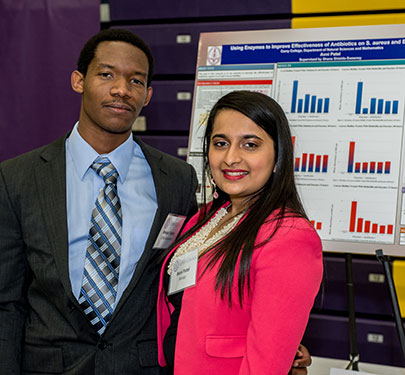
Undergraduate Research
Students participating in the Biology and Biochemistry programs conduct research in collaboration with members of the Science faculty. Students present their research at department capstone events as well as the College’s Academic Forum.
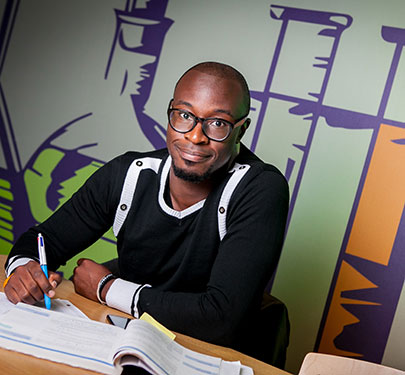
Pre-Health Professions
If you are considering pursuing a career as a physician, dentist, veterinarian, physician assistant, or other medical careers requiring an advanced degree, you should consider Curry's Pre-Health Profession Studies Program.
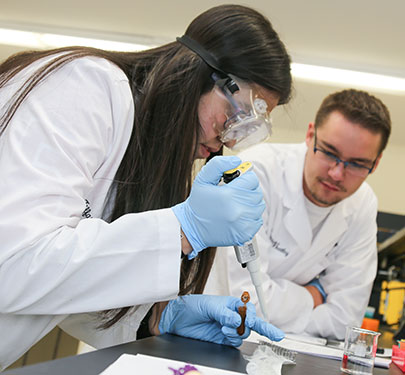
Exploratory Health Professions
The Exploratory Health Professions Program is designed to help students interested in health services fields identify and pursue a major that will lead to internships and employment in the health care industry.
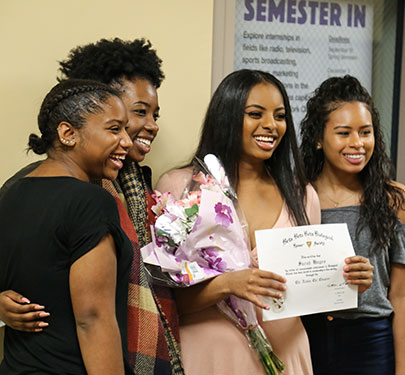
Biology Honor Society
Tri-Beta is a society for students dedicated to improving the understanding and appreciation of biological study and extending the boundaries of human knowledge through scientific research.
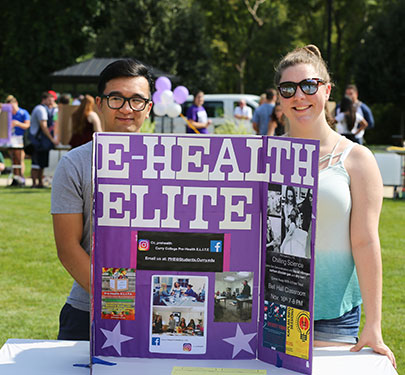
Pre-Health E.L.I.T.E.
Pre-Health E.L.I.T.E. (Enhanced Learning Implemented Through Experience) looks to strengthen the students who are interested in pursuing a career in the medical profession or exploring the field further.
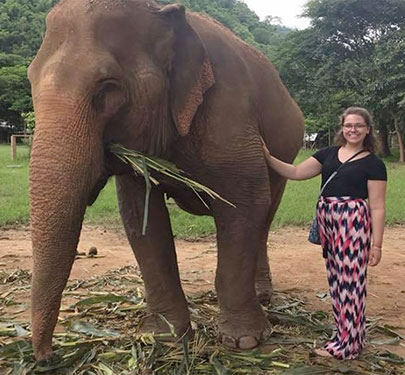
Study Abroad
Along with institutional partnerships, you can create your own Study Abroad opportunity, or go global with our own faculty members as part of our Short-term, Faculty-led Courses.
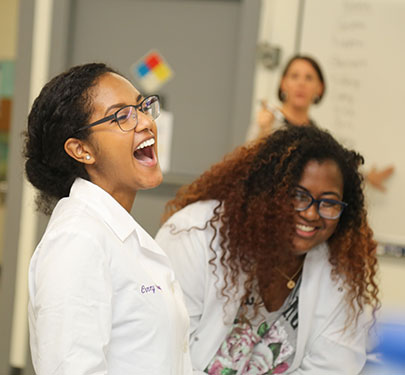
First-Year Experience
Making the transition to college can be a little confusing and lot of fun. Your First-Year Experience at Curry College helps smooth out the bumps and puts you on the path to success.
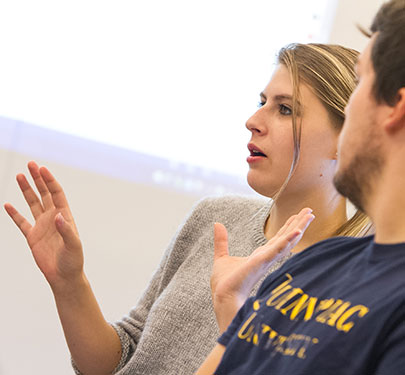
Honors Program
Building on the theme of "culture and identity," the Curry College Honors Program prepares students to be "leaders in the profession and in the community."
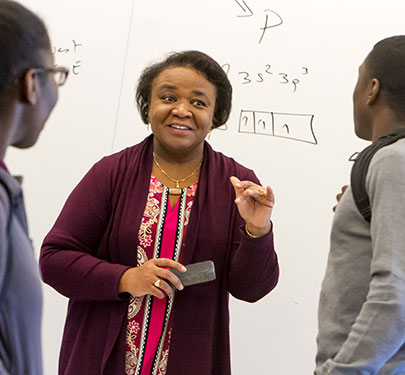
Gen Ed
At the heart of Curry College's undergraduate curriculum is our General Education (Gen Ed) Program. Gen Ed is based on our belief in the power and potential of the liberal arts.
Take the next step
We're excited you're considering our outstanding Curry College academic programs and look forward to helping you reach your career goals.

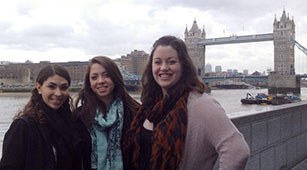
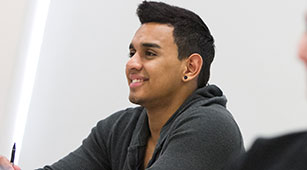
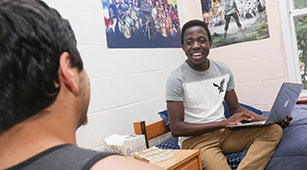
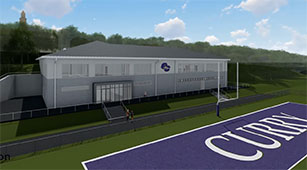
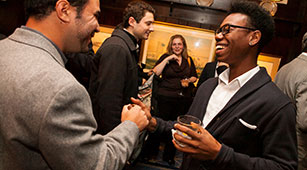
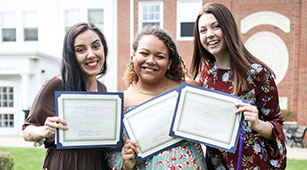
 There's physics in a rainbow, physics in a heartbeat, physics in a microchip.
There's physics in a rainbow, physics in a heartbeat, physics in a microchip.